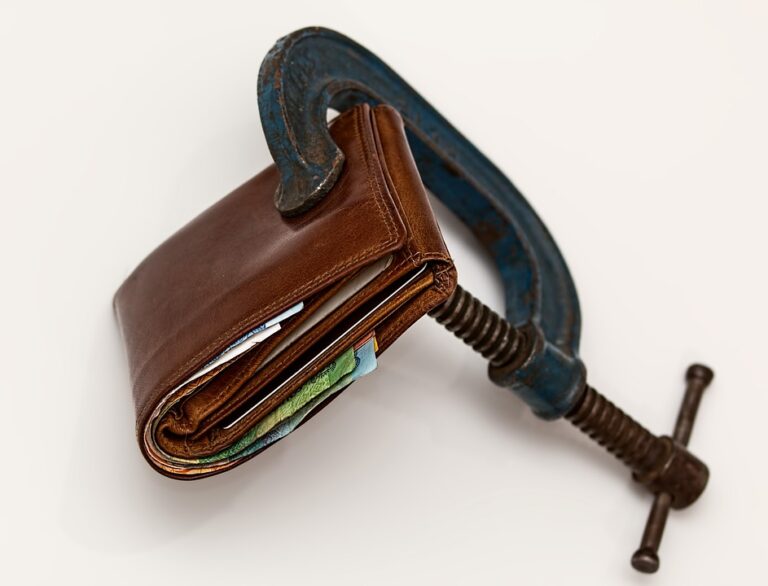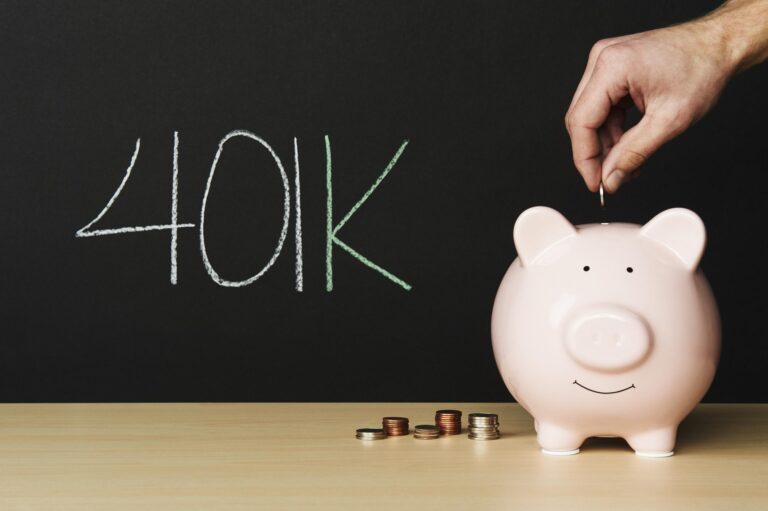Last updated Jul. 24, 2024 by Okechukwu Nkemdirim
Homeownership is often hailed as the cornerstone of the American Dream, offering financial stability and a tangible investment in one’s future. However, for many homeowners of color, this dream is marred by a harsh reality: racial discrimination. In recent years, numerous studies and anecdotal evidence have revealed a disturbing trend where homes owned by people of color are appraised at significantly lower values than those owned by their white counterparts. As a result, some homeowners of color have resorted to "whitewashing" their homes, a practice which involves erasing any indications of their racial or cultural identity during the appraisal process.
The Racial Disparity in Home Appraisals
According to a 2020 report by the Brookings Institution, homes in Black neighborhoods are appraised at significantly lower values than comparable homes in white neighborhoods. This discrepancy can result in a loss of hundreds of thousands of dollars for Black homeowners over the course of their lifetime. Factors contributing to this disparity include historical redlining practices, biases in appraiser training, and systemic racism entrenched in the real estate market.
The History of Redlining and Housing Discrimination
Redlining, a practice where banks and insurers would deny or limit financial services to residents in certain areas based on racial or ethnic composition, has had long-lasting effects on the valuation of properties in these neighborhoods. Although redlining was officially outlawed by the Fair Housing Act of 1968, its legacy persists, contributing to the devaluation of homes in predominantly Black and minority neighborhoods.
Implicit Bias in Appraising
Appraisers, like all individuals, carry implicit biases that can impact their professional judgment. Studies have shown that even when controlling for factors such as location, square footage, and home condition, properties owned by homeowners of color consistently receive lower appraisals. The Appraisal Institute, one of the largest professional associations of real estate appraisers, has acknowledged the presence of racial bias in the field and is working to address it through training and policy changes. However, progress is slow, and many homeowners of color continue to experience the negative impacts of these biases.
Whitewashing: An Act of Self-Erasure for Financial Gain
Whitewashing, in the context of home appraisals, involves the removal or concealment of any racial or cultural markers that might indicate the homeowner’s ethnicity. This can include taking down family photos, hiding religious artifacts, and even replacing culturally specific decorations with more "neutral" items. By doing so, homeowners hope to receive an unbiased appraisal based solely on the objective value of the property, free from the appraiser’s potential biases.
Real-Life Examples and Testimonies
Numerous homeowners of color have shared their experiences with whitewashing, revealing the lengths they go to in order to ensure a fair appraisal. In one widely publicized case, a Black couple in Marin City, California, saw their home’s value increase by nearly $500,000 after having a white friend stand in for them during the appraisal. Such stories highlight the uncomfortable reality that race and identity can significantly impact financial outcomes, forcing homeowners to choose between preserving their cultural identity and securing their financial future.
The Psychological and Emotional Toll
Engaging in whitewashing is not without consequences. For many homeowners, the act of erasing one’s racial or cultural identity from their home can be emotionally and psychologically taxing. It involves a temporary disconnection from personal history and identity, creating a sense of alienation within one’s own home. This emotional burden is exacerbated by the knowledge that such measures are necessary to achieve financial equity, underscoring the pervasive and harmful effects of racial discrimination in housing.
Solutions and Steps Forward
Policy Changes and Legislative Action
Addressing racial disparities in home appraisals requires comprehensive policy changes at the federal, state, and local levels. Strengthening anti-discrimination laws, increasing oversight and accountability for appraisers, and providing greater access to financial resources for homeowners of color are all critical steps toward achieving equity in the housing market.
Education and Awareness
Increasing awareness of the issue is essential for driving change. This includes educating appraisers about implicit bias, promoting diversity within the appraisal profession, and encouraging homeowners of color to share their experiences. By fostering a collective understanding of the problem, stakeholders can work together to develop effective solutions.
Community Support and Advocacy
Community organizations and advocacy groups play a vital role in supporting homeowners of color and fighting for housing equity. By providing resources, legal assistance, and platforms for sharing experiences, these groups can empower individuals to advocate for their rights and push for systemic change.
✓ Short Answer
Homeowners of color erase themselves from home appraisals, also known as “whitewashing,” to mitigate the impact of racial bias. This involves removing racial and cultural identifiers to receive a fair valuation. Evidence and testimonies show that implicit bias leads to lower appraisals for minorities, despite professional and policy efforts to combat these inequities. This practice underscores the psychological toll and systemic racism still present in the housing market.
FAQs
Q: What exactly is whitewashing in the context of home appraisals?
A: Whitewashing involves removing or hiding any indicators of the homeowner’s racial or cultural identity to avoid racial biases that might lower the property’s appraisal value.
Q: How can whitewashing impact the value of a home appraisal positively?
A: Evidence suggests that appraisers’ implicit biases can lead to lower valuations for homes owned by people of color. By whitewashing, homeowners attempt to present their home in a way that aligns with an appraiser’s presumed standards, often increasing the appraisal value.
Q: Is there legal action I can take if I believe my home was appraised unfairly due to racial bias?
A: Yes, homeowners can file complaints with state licensing boards, the U.S. Department of Housing and Urban Development (HUD), or seek legal action through civil rights attorneys.
Q: What measures are being taken to address racial bias in home appraisals?
A: Professional organizations like the Appraisal Institute are providing training to address implicit biases. Additionally, there are ongoing efforts to reform policies and increase accountability within the appraisal industry.
Q: How does the emotional toll of whitewashing affect homeowners?
A: Whitewashing can create feelings of alienation and emotional distress as homeowners temporarily erase their identities, highlighting the broader impacts of systemic racism on personal well-being.
By understanding the motivations and impacts behind whitewashing, stakeholders can better address these racial disparities and work towards a more equitable housing market. Continuing discussions, policy changes, and increased awareness are crucial steps in this journey.





